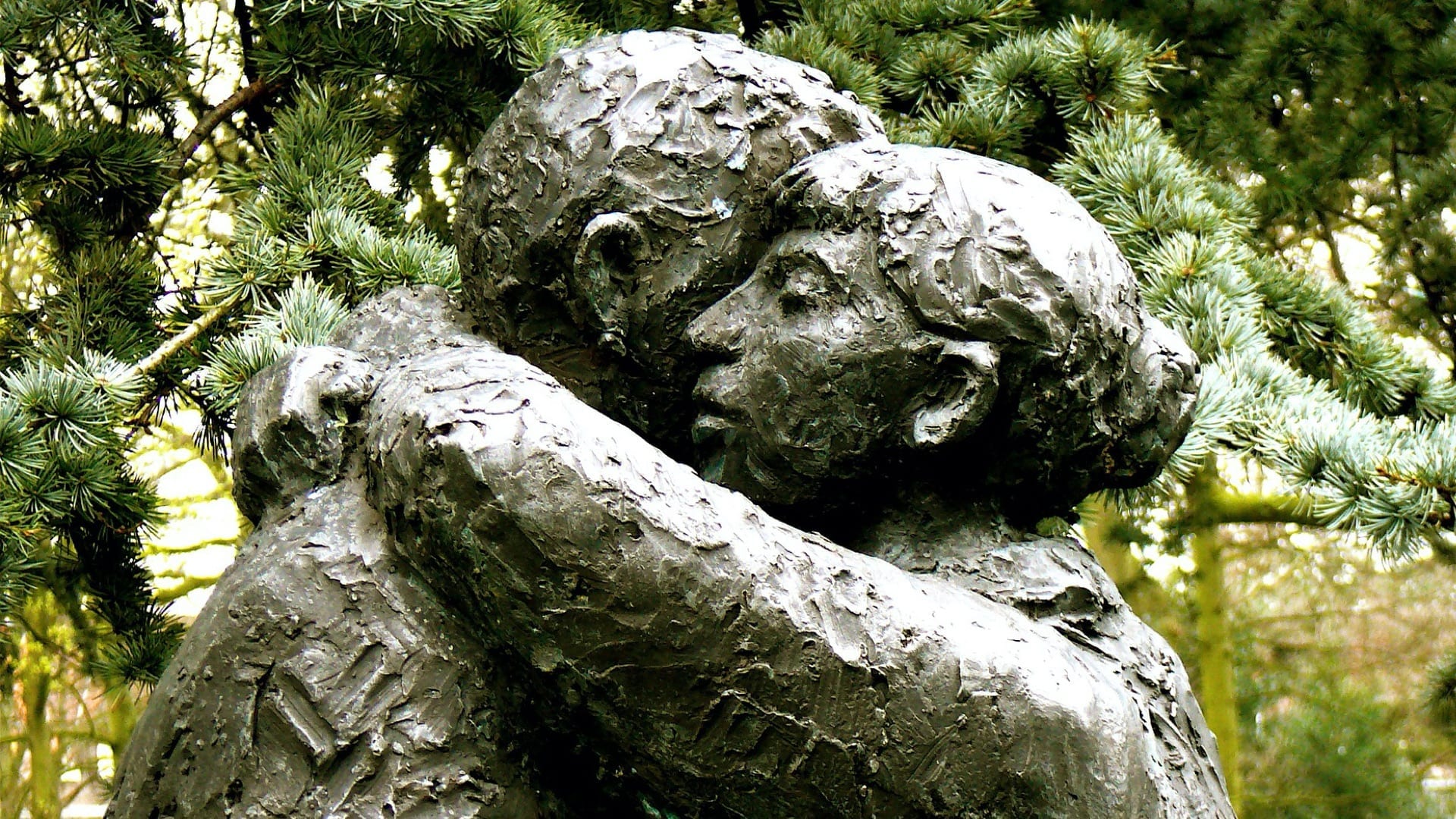

This article is Part 6 in a series about Myth and Culture by Dennis P. Slattery
As we carry wounds of resentment, bad feelings and thoughts of revenge within us, over time they can corrode our thinking and our general feeling of well-being. They can also, I have found, be constrictive ways of self-incarcerating and further self-wounding. So, I invite you to try an act of liberation through the following ritual of forgiveness. What follows is not meant to be a rigid prescription but rather a calling forth through the power of ritual, to forgive. You may change the ritual to suit your own needs and style, but be sure to include the central parts of the ritual. You may select those parts of what is below that encourage you to forgive, or to be forgiven, by another.
- Begin by sitting and meditating to calm yourself and to move into a space that is conducive to the ritual of remembrance you are about to enter.
- After thinking of one object, situation or person for your forgiveness, in written form name the situation, person, condition, behavior, or habit. Keep in mind that one option for the recipient of such forgiveness you may want to direct it to may be yourself.
- Acknowledge and name the nature of the dissonance, the discord, the injury, the malady, the affliction and the negative energy and emotions that have consistently accompanied it.
- Frame it within the larger context of your life. Give it a place to inhabit without it assuming once more the harmful presence it has insisted on within you.
- Ask it, them, him, her, it for forgiveness because of all the precious time in life you spent harboring, feeding, nurturing and even sacrificing to this wound, anger, hate or other form of an emotion. Be brief but be as specific as you can. You may recite this aloud after you have first written it out in a few moments of meditative silence.
- Recite your words of forgiveness, both of the person or situation and to yourself and others if you perform this ritual with others, in a gesture of forgiveness.
- Allow yourself to be reconciled to this change or revision of your life and of your negative impulses toward the source of your toxic feelings.
- Then, and this is a crucial part of the process of liberation from the wound and its attendant destructive force on you, tear up the page you have written the above on and say to yourself something like the following: “With this act of destroying both the source of the affliction as well as my words of forgiveness, I free myself from the intense incarceration I sentenced myself to after I convicted myself of such a malady of prolonged and protracted wounding.” Put this in your own words if you prefer.
- If possible, find a place in which to bury the shards of paper in the earth. If not practical, then place them in a container not to be kept but to be rid of.
- With the above action you vow, as part of the ritual of liberation, not to allow the incident and its attendant feelings to be part of your life from this ritual forward. Only then, on a day-to-day basis, will you be freed through forgiveness to move forward.
For Reflection:
- If you engaged the above ritual action of forgiving, or asking to be forgiven, how do you feel toward who or what you have forgiven, and more importantly, how do you feel towards yourself after this practice of forgiving?
- What would you add to the above procedural ritual that is not mentioned?

Dennis Patrick Slattery
Dennis Patrick Slattery Ph.D., has been teaching for more than 54 years, the last 27 of which have been in the Mythological Studies Program at Pacifica Graduate Institute in Santa Barbara, California, where he is currently Distinguished Professor Emeritus.
More Posts by Dennis Patrick Slattery